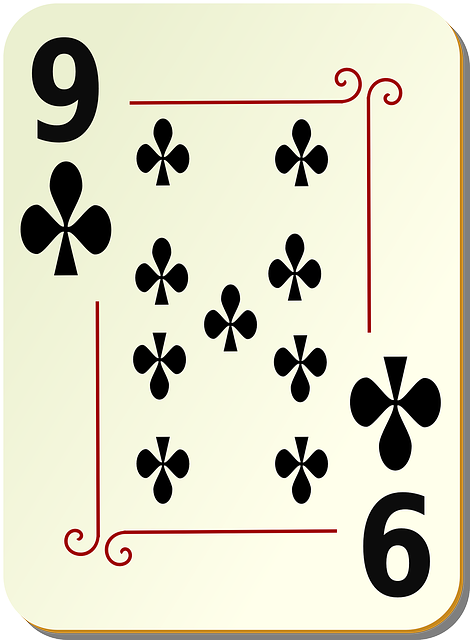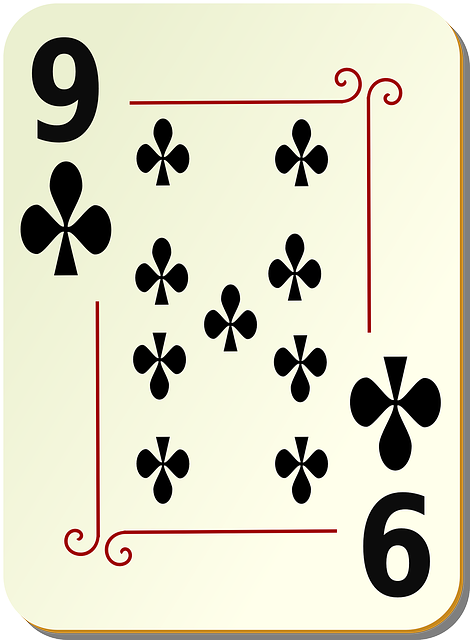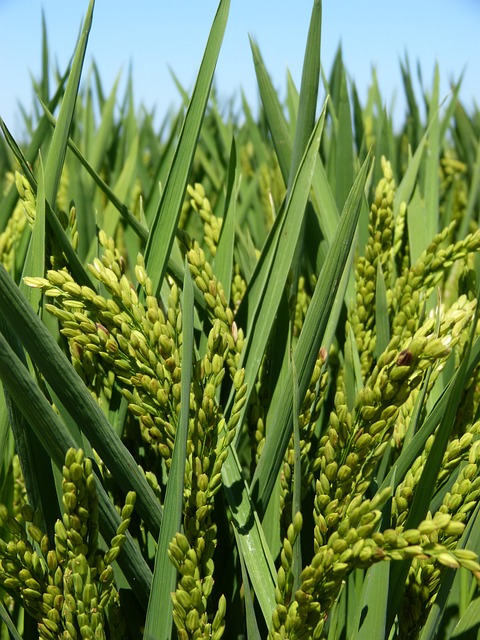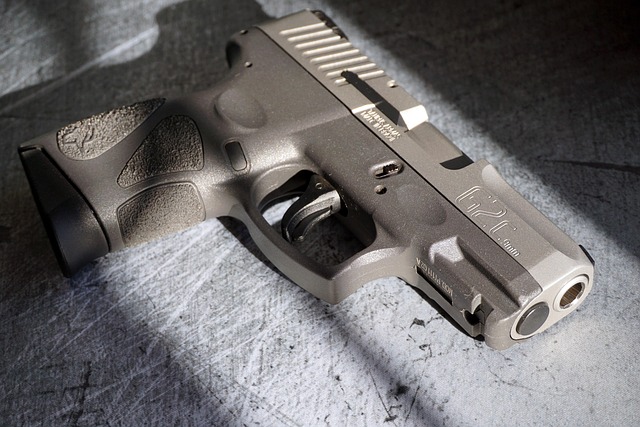Delta-9 THC vs CBD: Unlocking the Right Choice for You

Delta-9 THC and CBD are contrasting compounds in cannabis with distinct effects. Delta-9, known for its 'high', influences mood, cognition, and sensory perception, while non-intoxicating CBD offers anxiety reduction, better sleep, and pain relief without mental cloudiness. Understanding these differences is crucial when selecting between Delta-9 THC and CBD to align with personal needs, whether for relaxation, stress relief, or medical purposes.
Delta-9 THC and CBD are two prominent cannabinoids in cannabis, each with unique effects on the body and mind. Understanding the distinctions between them is crucial for making an informed decision about which one aligns best with your needs and lifestyle. This article will guide you through the process of navigating these options, focusing specifically on delta-9 THC—the active compound responsible for cannabis’s psychoactive properties—and its non-psychoactive counterpart, CBD.
- Understanding Delta-9 THC: The Active Compound in Cannabis
- CBD (Cannabidiol): A Non-Psychoactive Alternative
- Key Differences Between Delta-9 and CBD
- Choosing the Right Cannabinoid for Your Needs and Lifestyle
Understanding Delta-9 THC: The Active Compound in Cannabis

Delta-9 THC, often simply referred to as Delta-9, is a powerful compound found in cannabis that has gained significant attention for its mind-altering effects. It’s the primary psychoactive ingredient responsible for the ‘high’ associated with marijuana use. When consumed, Delta-9 binds to cannabinoid receptors in the brain, triggering a range of sensory and cognitive changes. Understanding Delta-9 THC is crucial when navigating the world of cannabis products, as it offers insights into how different strains can impact users differently.
This compound has been studied extensively for its potential therapeutic benefits, including pain relief, reduced anxiety, and appetite stimulation. However, its psychoactive nature also means it may not be suitable for everyone, especially those in environments where drug use is restricted or those with specific mental health conditions. Recognizing the strengths and limitations of Delta-9 THC allows individuals to make informed decisions about their cannabis consumption.
CBD (Cannabidiol): A Non-Psychoactive Alternative

CBD (Cannabidiol) has gained significant attention as a popular alternative to Delta-9 THC, particularly for those seeking its therapeutic benefits without experiencing the psychoactive effects associated with marijuana use. Unlike Delta-9, CBD is non-psychoactive, meaning it doesn’t produce the “high” often linked to cannabis consumption. This makes it an appealing option for individuals looking to maintain clarity of mind while still reaping the potential health advantages.
Research suggests that CBD may offer a range of benefits, including reduced anxiety and stress, improved sleep quality, and pain relief. It interacts with the body’s endocannabinoid system, which plays a role in regulating mood, memory, and pain perception. This interaction provides a natural way to support overall well-being without altering consciousness or cognitive function, making it an attractive choice for those seeking a more subtle and controlled experience compared to Delta-9 cannabis.
Key Differences Between Delta-9 and CBD

Delta-9 and CBD are two distinct compounds found in cannabis plants, each with unique effects on the human body. The primary difference lies in their chemical makeup and subsequent impacts. Delta-9, also known as THC (tetrahydrocannabinol), is a powerful psychoactive compound responsible for the ‘high’ associated with cannabis use. It interacts directly with the endocannabinoid system, affecting mood, cognition, and sensory perception. On the other hand, CBD (cannabidiol) lacks the psychoactive properties of delta-9, making it a non-intoxicating option.
CBD has gained popularity for its potential therapeutic benefits, including anti-inflammatory, anxiolytic, and pain-relieving effects. It works in harmony with the body’s natural endocannabinoid system, supporting overall health and wellness without altering mental state. This key difference is essential when determining which compound aligns best with your needs and preferences, whether seeking relaxation, stress relief, or potential medical benefits.
Choosing the Right Cannabinoid for Your Needs and Lifestyle

When considering Delta-9 THC or CBD, understanding what aligns best with your needs and lifestyle is crucial. Both cannabinoids interact differently with our bodies’ endocannabinoid systems, leading to varied effects. Delta-9, known for its intoxicating properties and psychological impacts, can enhance mood, stimulate appetite, and promote relaxation—making it appealing for those seeking a recreational or therapeutic experience. On the other hand, CBD, non-intoxicating and legal in many regions, offers potential benefits like reduced anxiety, improved sleep, and pain relief without the mental cloudiness associated with Delta-9.
Your lifestyle plays a significant role in your choice. If you’re seeking a more intense experience to unwind after a long day or enhance social interactions, Delta-9 might be preferable. However, if you prioritize clarity of mind while reaping potential health benefits, CBD could be the way to go. Consider your tolerance for psychological effects and desired outcomes—whether it’s relaxation, pain management, or anxiety relief—to make an informed decision tailored to your unique needs.
When deciding between Delta-9 THC and CBD, understanding their distinct properties is key. Delta-9 offers a psychoactive experience, ideal for relaxation and recreation, while CBD lacks this effect, making it suitable for those seeking relief from inflammation or anxiety without the high. Consider your desired outcome and lifestyle when choosing—whether it’s the recreational appeal of Delta-9 or the therapeutic benefits of CBD. Both have their merits, so explore and discover which one aligns best with your needs.












































